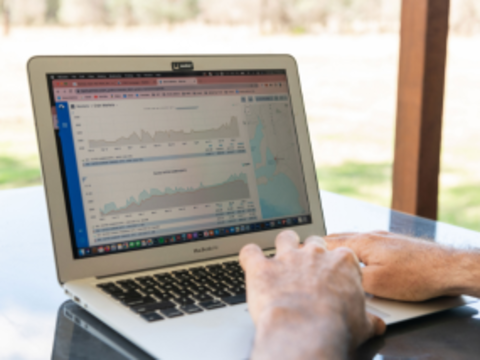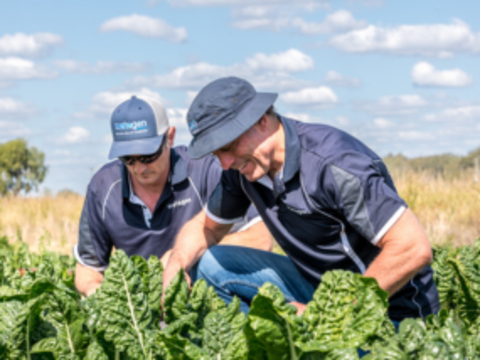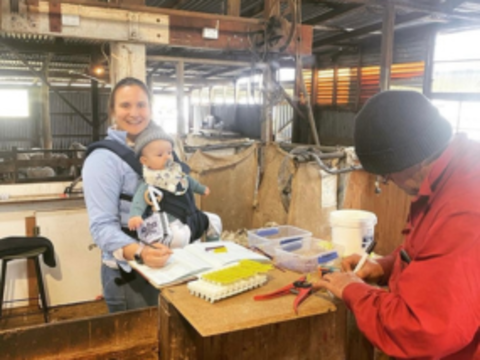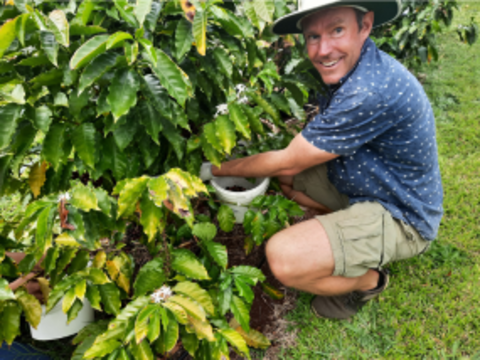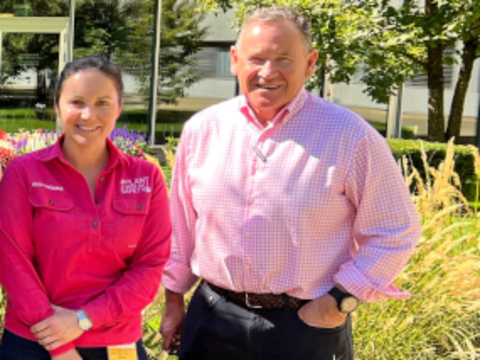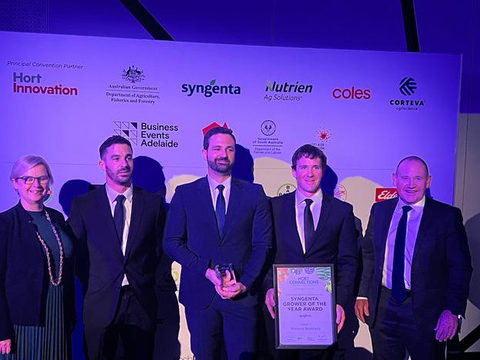Deloitte Access Economics estimates $1.8 billion yield loss in absence of paraquat
- The Economic Impact of Paraquat report by Deloitte Access Economics launched today.
- Findings show that there would be no ready alternatives to manage glyphosate resistance without paraquat.
- Farmers would face a yield loss of some 15 percent before changing weed management practices.
- Australia’s gross domestic product would fall by $362 million per year and full-time job losses would peak at 594 in 2017.
The Economic Impact of Paraquat Report, launched today at Parliament House, found that if the non-selective herbicide paraquat was no longer available in Australia, Australian farmers would face a $1.8 billion yield loss over 10 years.
The independent Report by Deloitte Access Economics assessed paraquat’s economic value to Australian agriculture. The aim of the report is to contribute to the public discussion on the role of paraquat in managing herbicide resistance in agricultural production.
Syngenta supported the research, with Deloitte Access Economics working independently to consult a range of Australian academics, industry experts, crop advisors and leading growers to explore scenarios that could result if paraquat was deregistered.
Syngenta Head of Specialty Crops, Sam Hole, said the Report comes at a time when Australian farmers are facing significant herbicide resistance issues.
“Herbicide-resistant weeds, in particular glyphosate-resistant species, pose an enormous threat to our industry’s production and profitability,” said Sam. “The report confirms that paraquat is the only effective broad spectrum pre-sowing weed control available in Australia when glyphosate resistance is an issue.”
Deloitte Access Economics’ analysis found that the absence of paraquat would result in a significant reduction in the options available for weed management and a decrease in agricultural productivity.
Deloitte Access Economics’ Steve Brown, said, “We found that in the absence of paraquat, farmers would likely turn to other methods to maintain yield and/or fight weed resistance in their crops. However, given paraquat’s unique ability to overcome glyphosate-resistant weed populations, these alternatives are seen as being economically unviable.”
“Alternative weed control options such as tillage are labour intensive, costly and can negatively impact the environment. In the case of tillage, farmers would need to invest in expensive, high-powered tractor and tillage equipment. As such, farmers would not be willing, or financially able, to sustain the high cost of these options over the long-term,” Steve Brown said.
“We also note that a significant drop in industry output is expected. That’s due to a reduction in output caused by the proliferation of glyphosate-resistant weeds, and losses of land and labour productivity as farmers use less effective methods for combatting weeds.”
Agriculture is recognised as a key pillar of the Australian economy and the absence of paraquat would have an adverse economic impact. The report found that Australia’s GDP would fall by $362 million per year by 2025 and full-time employment would be impacted, with a loss of 594 FTE employees in 2017. The report also found that Australia’s exports would fall by $588 million between 2019 and 2025.
“It is clear that paraquat plays a critical role in underpinning sustainable cropping and agriculture in Australia, particularly through improving and sustaining soil health. Its absence would greatly affect both our farming future and national economy,” said Sam Hole.
“We are hopeful the Report will reinforce the benefits paraquat delivers to Australian agriculture, and further encourage Australian growers to adopt a proactive approach to herbicide resistance management and to good on-farm herbicide stewardship.”
- Ends -
Syngenta is one of the world's leading companies with more than 28,000 employees in over 90 countries dedicated to our purpose: Bringing plant potential to life. Through world-class science, global reach and commitment to our customers we help to increase crop productivity, protect the environment and improve health and quality of life. For more information about us please go to www.syngenta.com.au

